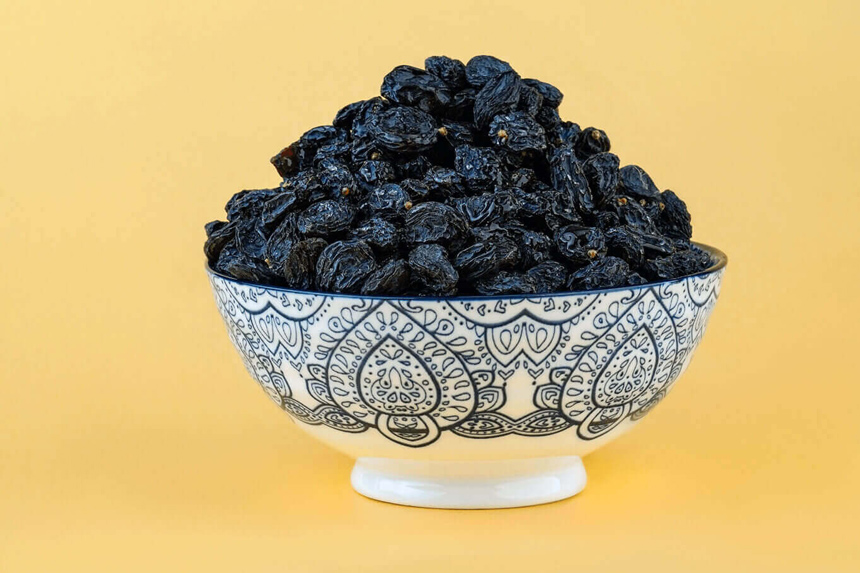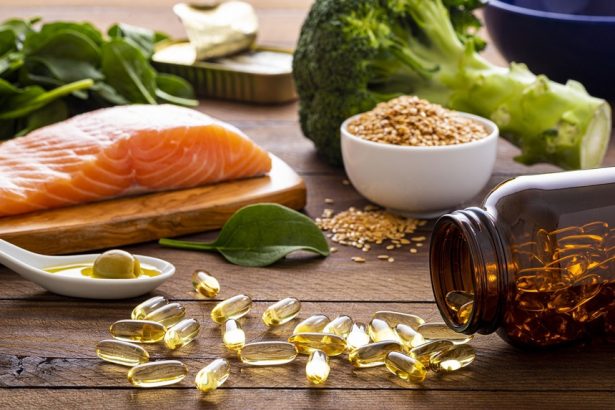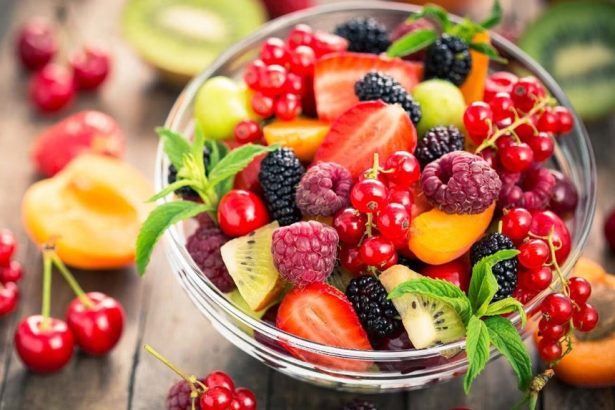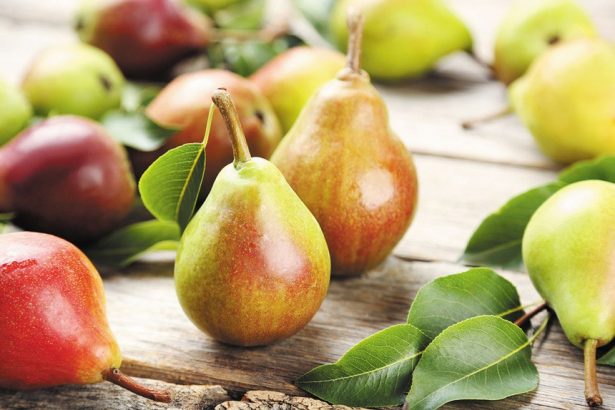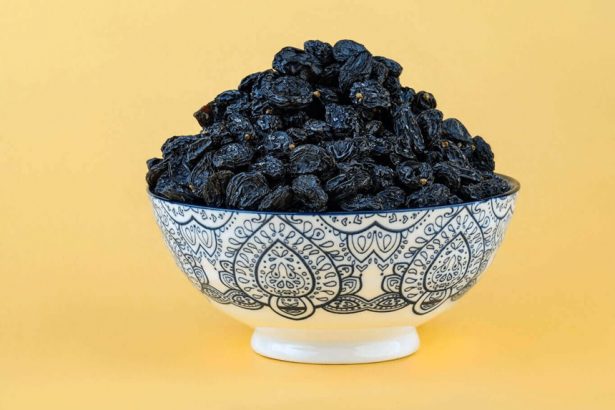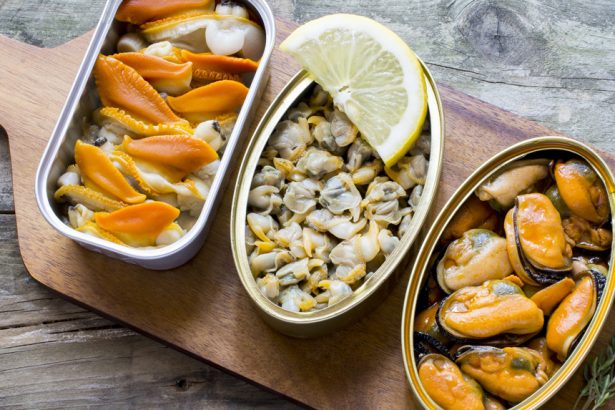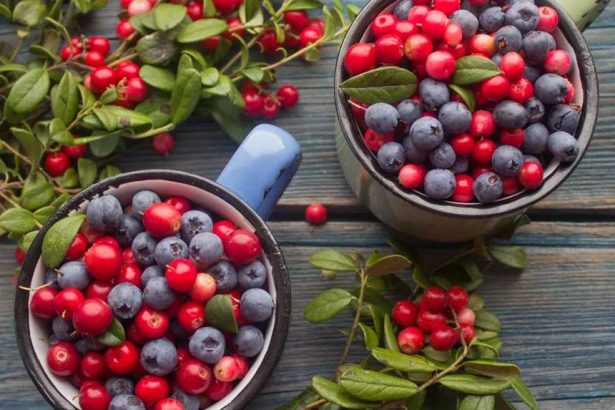Life & Food
Purine Levels Unveiled: Top 10 Foods High in Purines
Purines are common chemical compounds found abundantly in various foods. They exist in two forms: endogenous, produced by the body, and exogenous, absorbed from foods. When purines break down during digestion, they form uric acid. An…
Subscribe Now
Stay ahead on health trends and expert tips.
The Latest Articles from Life & Food
Eating for Heart Health: 10 Superfoods to Love and Protect Your Heart
Unlocking the path to a healthier heart begins with a conscious choice in what you consume. Our daily dietary decisions weave the fabric of our well-being, influencing the risk factors associated with heart disease – the…
Understanding the Glycemic Index: 12 Low Glycemic Foods for Healthy Blood Sugar Levels
The glycemic index (GI) serves as a tool to gauge the impact of foods on blood sugar levels. Foods are categorized based on their GI value into low, medium, or high glycemic foods, graded on a…
Superb High Fiber Foods for Optimal Gut Function
Fiber, once perceived solely as indigestible carbohydrates, has become a nutritionally complex term encompassing a variety of substances found in both digestible and indigestible forms. Scientists classify fiber into categories such as dietary fiber, naturally present…
Purine Levels Unveiled: Top 10 Foods High in Purines
Purines are common chemical compounds found abundantly in various foods. They exist in two forms: endogenous, produced by the body, and exogenous, absorbed from foods. When purines break down during digestion, they form uric acid. An…
Navigating High Cholesterol Foods : What to Choose and What to Avoid
Avoid cholesterol-rich foods or better still limit daily cholesterol intake to 300mg. You must have been told this because it’s believed that cholesterol is the bad guy - detrimental to our health and should be avoided.…
Love Your Liver: Top 10 Foods to Support Liver Function
Maintaining a healthy liver through dietary choices is pivotal to well-being. The liver, a multitasking organ, engages in vital bodily functions, including protein synthesis, cholesterol production, bile secretion, and storing essential nutrients such as vitamins, minerals,…


